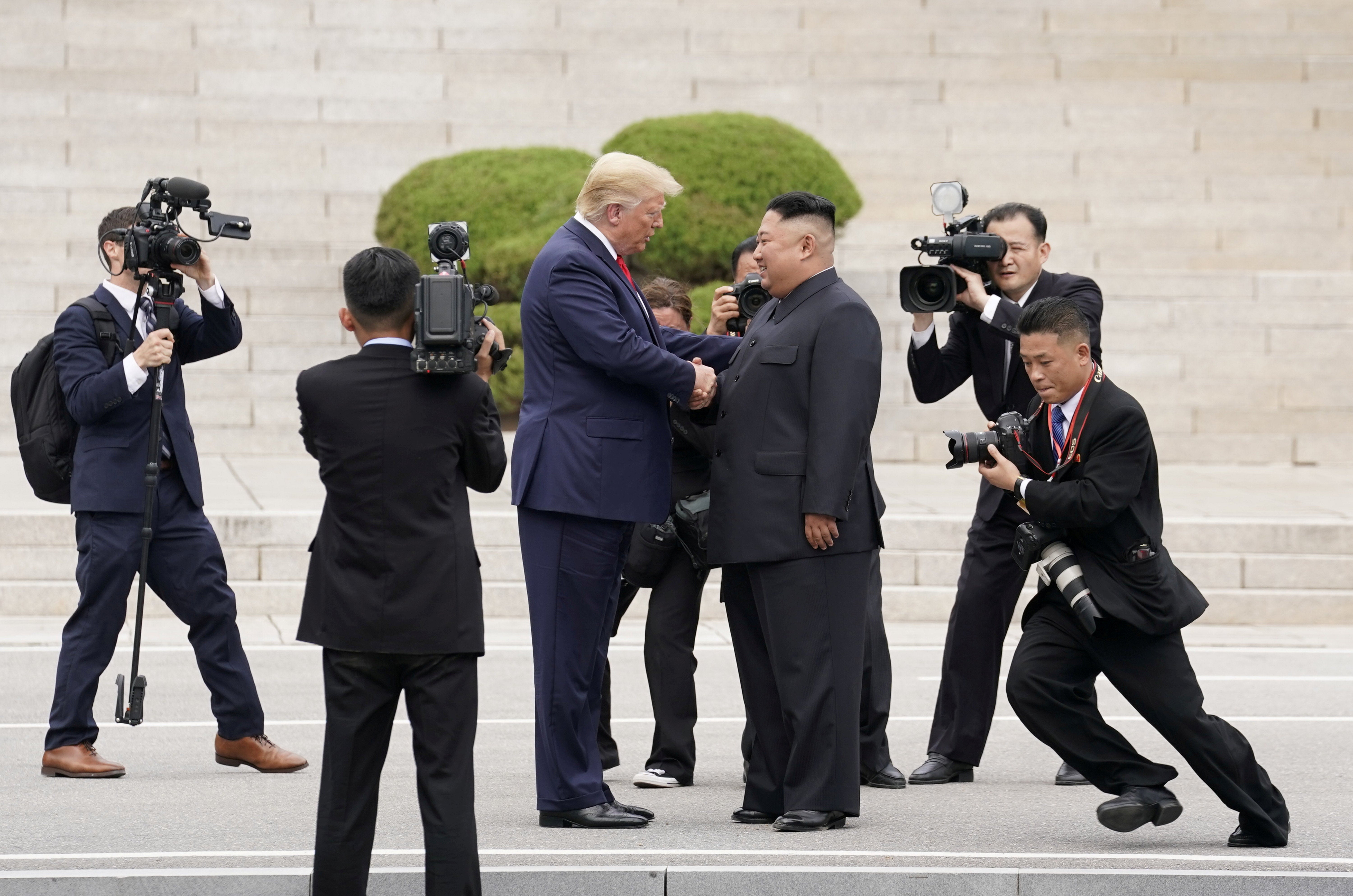‘An attempt at irony?’: North Korea criticises Australia’s human rights record at UN
North Korea’s remarks attracted several reactions as its own human right records are often under the scanner

Your support helps us to tell the story
From reproductive rights to climate change to Big Tech, The Independent is on the ground when the story is developing. Whether it's investigating the financials of Elon Musk's pro-Trump PAC or producing our latest documentary, 'The A Word', which shines a light on the American women fighting for reproductive rights, we know how important it is to parse out the facts from the messaging.
At such a critical moment in US history, we need reporters on the ground. Your donation allows us to keep sending journalists to speak to both sides of the story.
The Independent is trusted by Americans across the entire political spectrum. And unlike many other quality news outlets, we choose not to lock Americans out of our reporting and analysis with paywalls. We believe quality journalism should be available to everyone, paid for by those who can afford it.
Your support makes all the difference.North Korea on Wednesday expressed concerns at human rights violations, including alleged racism, racial discrimination, xenophobia, in Australia during the universal period review at the UN Human Rights Council (UNHRC).
North Korea’s remarks came on Wednesday during the UPR process under which human rights records of all the UN member states are examined periodically. Australia’s first and second UPR reviews took place in January 2011 and November 2015.
To address the concerns regarding human rights issues, North Korea asked Australia to take action to “end deep-rooted racism, racial discrimination, and xenophobia on the basis of ethnic, racial, cultural or religious background in the public sphere.”
It also asked Australia to “cease cruel, inhumane or degrading treatment in public places of detention including sexual violence … to ensure the right of persons with disabilities, including participation in elections on an equal basis with others.”
North Korea’s remarks attracted several reactions as its own human right records are often under the scanner.
“No Joke: North Korea today reviewed Australia's rights record at the UN,” tweeted UN Watch, an UN-accredited NGO that monitors the world body.
China too criticised Australia’s human right’s record and said it should take “actions to combat racial discrimination, hate speech and violence and protect the rights of ethnic minorities.”
China, which has had frequent run-ins with Australia during 2020, said the latter should “protect the rights of migrants and close offshore detention centres of migrants.”
It further noted that Australia should “thoroughly investigate the war crimes committed by the Australian military overseas in military operations, pursue the responsibility of perpetrators, and prevent impunity and recurrence of similar crimes.”
China also asked Australia to “eliminate systematic discrimination against aboriginals and combat violence against them.”
During the review, over 40 UN member states raised concerns about Australia’s human rights record, including the conditions of immigration detention facilities.
Major areas of concerns that were raised by the countries during the review were regarding the detention policies, hate speech against refugees, discriminatory practices towards people with disabilities, and others.
On Friday, the UNHRC will be adopting a report which would include recommendations made by states.
“We noted 47 nations (including many allies) raising concerns about refugee, asylum and detention policies. Australians must realise the world is watching, and many are unimpressed,” tweeted Paul Power, who is the chief executive council of the Refugee Council of Australia, a body representing over 200 organisations and thousands of people working for refugees.




Join our commenting forum
Join thought-provoking conversations, follow other Independent readers and see their replies
Comments